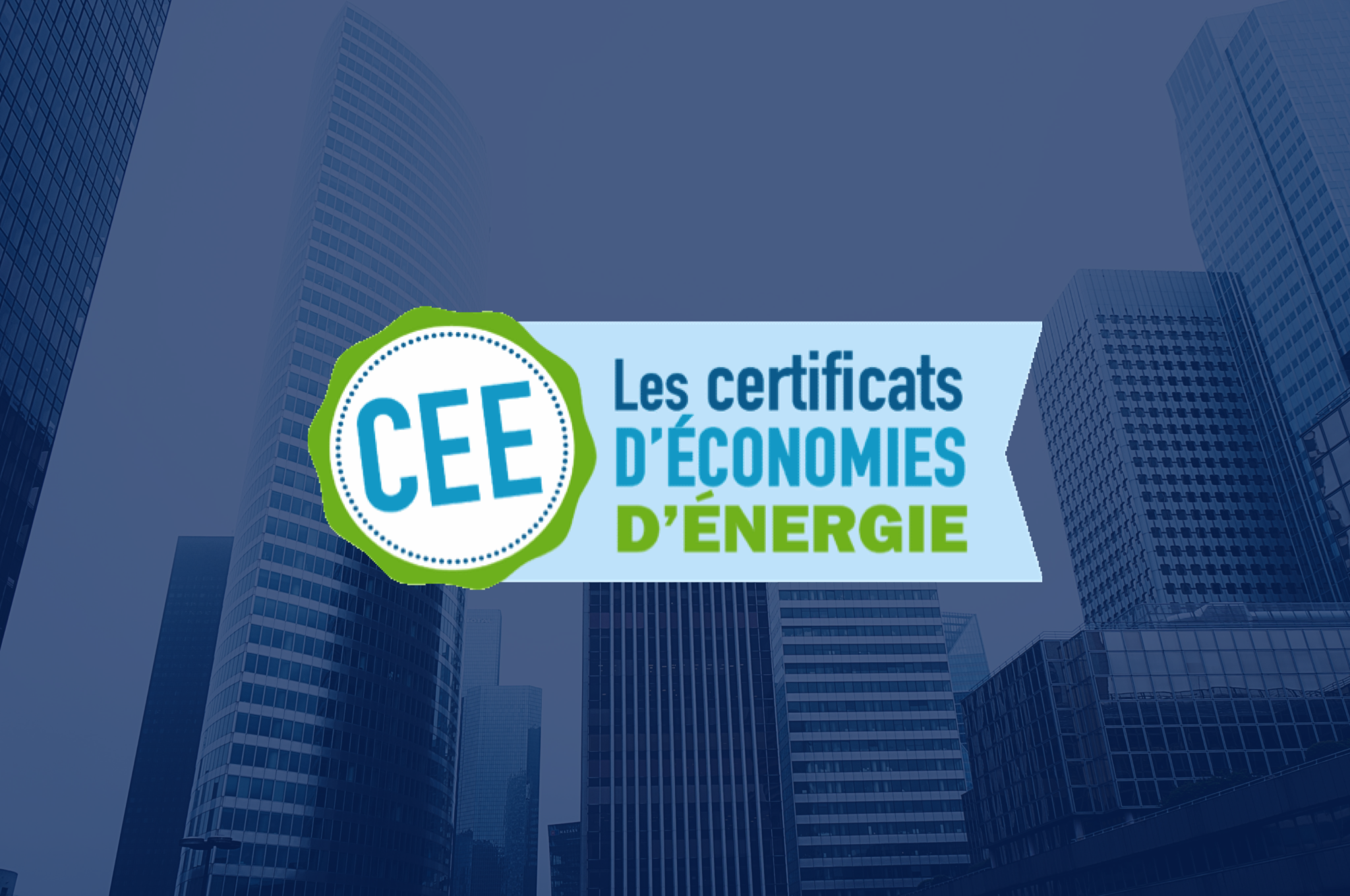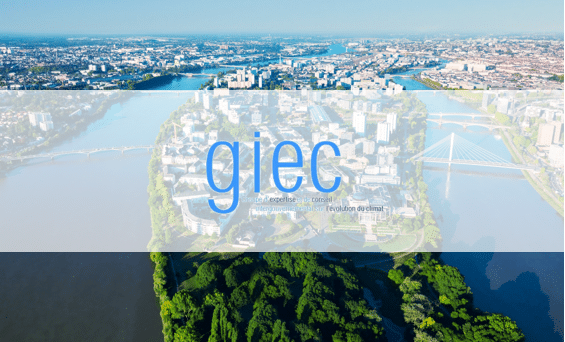Vous êtes une collectivité.
LES enjeux du secteur
Depuis 2021, les collectivités locales font face à des dépenses énergétiques toujours plus élevées, qui amputent leur budget de fonctionnement. Selon une étude menée par le sénat, les dépenses énergétiques de certaines communes ont augmenté de 50%. Pour l’intercommunalité de France, c’est trois quarts des intercommunalités françaises qui ont vu leurs factures tripler voire quadrupler.
Écoles, musées, gymnases, stades, mairies, préfectures… les bâtiments administrés par les collectivités sont nombreux, et très souvent dispersés.
Comment baisser le budget de fonctionnement de ces bâtiments ?
Comment conjuguer les contraintes règlementaires et les travaux d’efficacité énergétique ?
Quelles solutions pour financer ces travaux d’ampleur ?

LES SOLUTIONS ENERLIS
Réglementations / VOS CONTRAINTES
Décret tertiaire
Le décret tertiaire impose aux bâtiments de plus de 1 000 m2 à réduire leur consommation d'énergie de 40% d'ici 2030, 50% d'ici 2040, et 60% d'ici 2050. Les propriétaires ou gestionnaires de site doivent déclarer annuellement leurs consommations énergétiques sur la plateforme Operat pour suivre l’avancée de la mise en conformité.
Décret BACS
Le décret BACS impose aux bâtiments tertiaires publiques existants dont la puissance des équipements électriques et thermiques est supérieure à 290 kW (entre 1 900 et 3 600m2) d’installer un système de GTB. Ce décret complète le décret tertiaire, car l’optimisation des installation électrique et thermique réduit la consommation énergétique d’un bâtiment.
Loi APER
La loi APER exige que les parkings de plus de 1 500 m² associés aux mairies, bâtiments des communautés de communes, préfectures ou collèges soient équipés de panneaux photovoltaïques couvrant au moins 50% de leur surface d'ici à 2026.
Loi LOM
La loi LOM exige l’installation de bornes de recharge pour véhicules électriques sur les parkings d’établissements de santé de plus de 20 places, comme les tours de bureaux et les surfaces commerciales. Ces installations doivent représenter au moins 5% des places de stationnement d’ici 2025.
Success story
Autoconsommation solaire pour 9 bâtiments publics du Département du Loir-et-Cher.
Installation de centrales photovoltaïques pour 9 bâtiments dans tout le département. Enerlis assure la conception, réalisation, exploitation, maintenance et la garantie de performance des centrales. L'objectif de cette opération : baisser les charges liées à l’augmentation des prix de l’énergie en 2023. L'énergie non consommée est revendue à EDF.
Surface photovoltaïque installée
8 500 m2
Économie d'énergie grâce aux centrales
82 %
Production d'énergie des centrales
1,6 GWh
Montant total de l'opération
1 500 000 €
Revenus de la revente d'énergie
133 056 €/an
ROI RAPIDE
Compte tenu des prix de l'énergie depuis le conflit en Ukraine, l'installation de la centrale photovoltaïque sera rapidement remboursée.
Le conseil départemental et Enerlis témoigne sur le plateau de SudRadio : comment limiter les impacts de la crise énergétique en exploitant le potentiel solaire de bâtiments publics.
Dans le contexte énergétique et climatique que nous connaissons, le Conseil départemental réalise une opération exemplaire d’économie d’énergie sur une durée d’au moins 20 ans. Il est désormais urgent d’accélérer et de généraliser les projets de ce type.

Philippe gouët
Président du conseil
départemental du Loir-et-Cher
Financer la transition énergétique
Contrat à garantie de performance (Esco)
Enerlis vous propose une approche innovante pour financer votre transition énergétique : grâce au contrat à garantie de performance (Esco) que nous proposons, vous êtes sûrs de pouvoir bénéficier de travaux d’efficacité énergétique qui vous permettent de diminuer vos consommations, sans avoir à vous soucier du financement. C’est en effet Enerlis qui investit et se rémunère sur une partie des économies générées par les solutions mises en œuvre.
Focus marché public de performance énergétique à paiement différé
Le Groupe Enerlis est habilité à répondre au marché public de performance énergétique.
Un marché public de performance à paiement différé est dispositif du ministère de la transition énergétique et de la cohésion des territoires. C’est un contrat entre une entité publique et une entreprise privée comme Enerlis, où les travaux d’efficacité énergétique sont financés par Enerlis, qui sera ensuite rémunéré en fonction des performances d’économies d’énergie atteintes.
Les paiements sont effectués après la réalisation des travaux et l'évaluation des résultats. Il permet aux hôpitaux publics de minimiser les risques financiers, ce qui facilite l’accès aux objectifs du décret tertiaire et du décret BACS imposés par l’État.
CEE
Le dispositif des Certificats d'Économies d'Énergie (CEE) impose aux fournisseurs d'énergie de réaliser des économies d'énergie pour compenser leurs activités dites « polluantes ». Ils doivent promouvoir l'efficacité énergétique auprès de collectivités, en finançant indirectement des travaux d’efficacité énergétique.
Grâce à notre délégataire CEE du groupe Enerlis, Loris.ENR, nous sommes habilités à faire profiter les collectivités des aides CEE, en évaluant dès la phase audit travaux le montant des aides financières disponible pour les projets de rénovation énergétique.
Ils nous font
confiance
De nombreux grands acteurs nous font confiance depuis plus de 10 ans :
Nos actualités du secteur des collectivités

Décret BACS : Êtes-vous concerné ?
Le Décret BACS (Bâtiments à Contrôle Automatisé et à Suivi) régule la consommation énergétique des bâtiments tertiaires en France. Son...
Voir la suite







